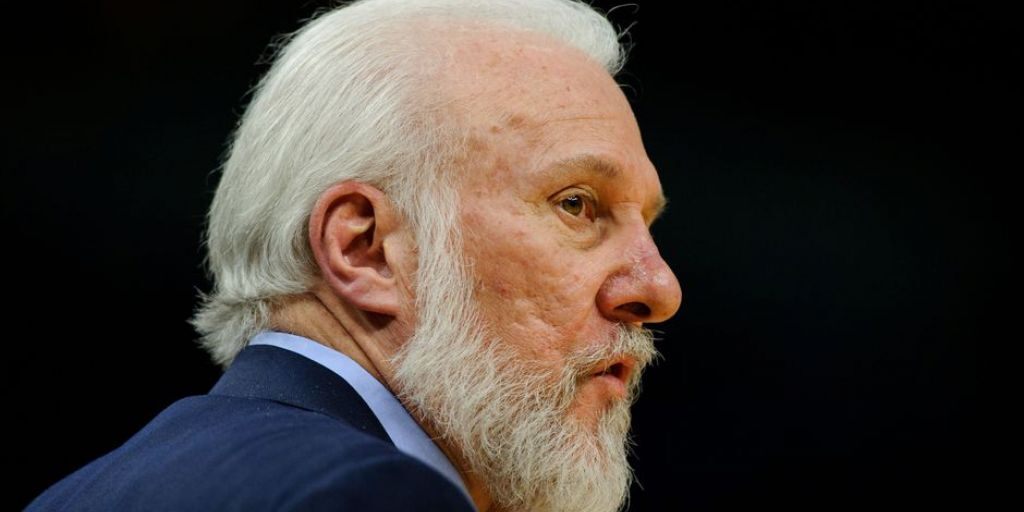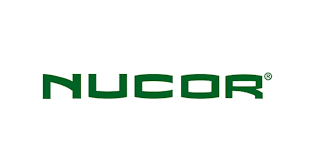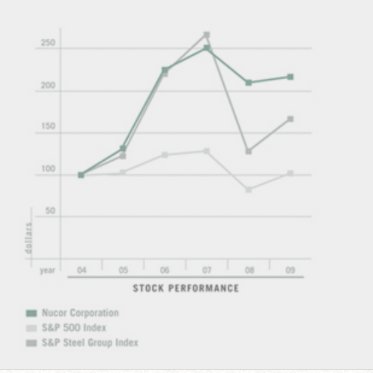As a life long Sacramento Kings fan, I always wondered how the Spurs made 22 straight playoff appearances while the Kings haven't played in the post-season since 2006.
Thread on culture as a competitive advantage below!
Thread on culture as a competitive advantage below!
1 / It’s pretty clear why the Kings have struggled over the years — they’ve made numerous poor draft picks, gone through 10 coaching changes since their last appearance, and lack centralized leadership.
2 / This has led to a toxic culture further driven by management lying to players (sorry Demarcus and Isaiah).
Until recently, their only source for talent was draft picks because no free agents wanted to go “the place a players career goes to die”
Until recently, their only source for talent was draft picks because no free agents wanted to go “the place a players career goes to die”
3 / What makes the Spurs so special though? Well, one look at the Spurs and you realize the team is driven by head coach, Greg Popovich.
Not only has he spent 24 years with the Spurs, but he’s been able to create buy-in with every player that’s worn the team’s monochrome jersey
Not only has he spent 24 years with the Spurs, but he’s been able to create buy-in with every player that’s worn the team’s monochrome jersey
4 / His value as a coach is driven by his duality. One moment he’s at his player’s throats with a no BS attitude, but right after he’ll grab dinner with the entire team to know exactly what’s going on in their lives.
5/ For example, Popovich obsesses over wine, so he makes sure that the team grabs dinners together after games.
He makes an effort to facilitate close interactions, so that his team can understand their teammates' different identities.
He makes an effort to facilitate close interactions, so that his team can understand their teammates' different identities.
6 / He keeps reinforcing these behaviors so his team knows that “You are part of this group. This group is special. I believe you can meet our high standards.”
7 / Many free agents view the Spurs as a haven for their culture. More importantly, it’s helped them internally develop talent — late 1R and 2R draft picks, Manu Ginobili and Tony Parker, have developed into all-stars.
This all sounds so different from the Kings...
This all sounds so different from the Kings...
8 / They’re able to do this like clockwork (most recently with Derrick White) which is what makes me believe it’s attributed to the Spurs’ DNA rather than just their talent selection.
9 / I simply can’t imagine a world where those players would’ve performed as well if they were drafted by the Kings. The Spurs DNA and Popovich were key factors in enabling their talent giving them a clear competitive advantage over other teams.
10 / The NBA might’ve been my first passion, but investing is a clear second. Funny enough, culture matters just as much in investing.
11 / Recently, I came across the book The Culture Cycle: How to Shape the Unseen Force that Transforms Performance which was suggested by Paul Black of WCM on an older episode of the podcast, Capital Allocators.
12/ In the book, Prof. Heskett details how culture can be a competitive advantage by using a 4R framework (Referrals, Retention, Returns to Labor, and Relationships with customers).
These 4Rs help companies become low-cost operators but are just the outcomes of a great culture.
These 4Rs help companies become low-cost operators but are just the outcomes of a great culture.
13 / One of my favorite examples from the book was Nucor, a steel producer, who created a culture that encouraged self-direction and accountability.
Giving employees freedom along with trust, made everyone turn into able decision-makers.
Giving employees freedom along with trust, made everyone turn into able decision-makers.
14 / Their decentralized organizational structure creates an environment where each mill is responsible for all their own business functions.
Additionally, each worker’s compensation is tied to the output of steel produced by the individual mill.
Additionally, each worker’s compensation is tied to the output of steel produced by the individual mill.
15 / Since employees essentially become shareholders at their "micro mill", they treat it like their own and work longer hours. As a result, stories of employees spending weekends to fix up their mill or finding methods to make production go faster are the norm at Nucor.
16 / Similar to Toyota and its production line, Nucor takes their employee's suggestions for process improvements.
This feedback loop is the reason that they are able to produce the lowest cost per ton of steel in the industry.
This feedback loop is the reason that they are able to produce the lowest cost per ton of steel in the industry.
17 / However, a lot of factors go into producing this self-directed culture -- compensation, job descriptions, and work appraisals all have to change to fit the culture.
These small units do their own hiring too, so it further reinforces their culture.
These small units do their own hiring too, so it further reinforces their culture.
18 / Nucor takes advantage of the high return on labor, but also returns it back to their employees through compensation (highest salary in the industry).
Employees then become more satisfied and work even harder which helps Nucor deliver more value to its shareholders.
Employees then become more satisfied and work even harder which helps Nucor deliver more value to its shareholders.
19 / Clearly, culture leads to financial benefits, but why can’t it be replicated?
Replicating Nucor would mean that another company would have to change its organizational structure, compensation plan, and each employee’s role which could all anger the current employees.
Replicating Nucor would mean that another company would have to change its organizational structure, compensation plan, and each employee’s role which could all anger the current employees.
20 / Moreover, the competitor would lack the decades of those stories that Nucor employees tell their new colleagues to reinforce the "Nucor Culture".
Changing the culture means changing the way the company operates. That just seems highly irreplicable to me.
Changing the culture means changing the way the company operates. That just seems highly irreplicable to me.
21 / Culture clearly fits the bill of a sustainable competitive advantage — it’s hard to replicate and leads to superior economic outcomes over their competitors.
The outcomes are great too. Popovich led the Spurs to 5 championships and Nucor's returns aren't too shabby.
The outcomes are great too. Popovich led the Spurs to 5 championships and Nucor's returns aren't too shabby.
22 / If you enjoyed this, I’m releasing a company write-up in 1-2 weeks on a business that uses culture as a competitive advantage in commoditized businesses. Sign up for the http://10bagger.substack.com if you want to receive this write-up!
#investing #fintwit
#investing #fintwit

 Read on Twitter
Read on Twitter




